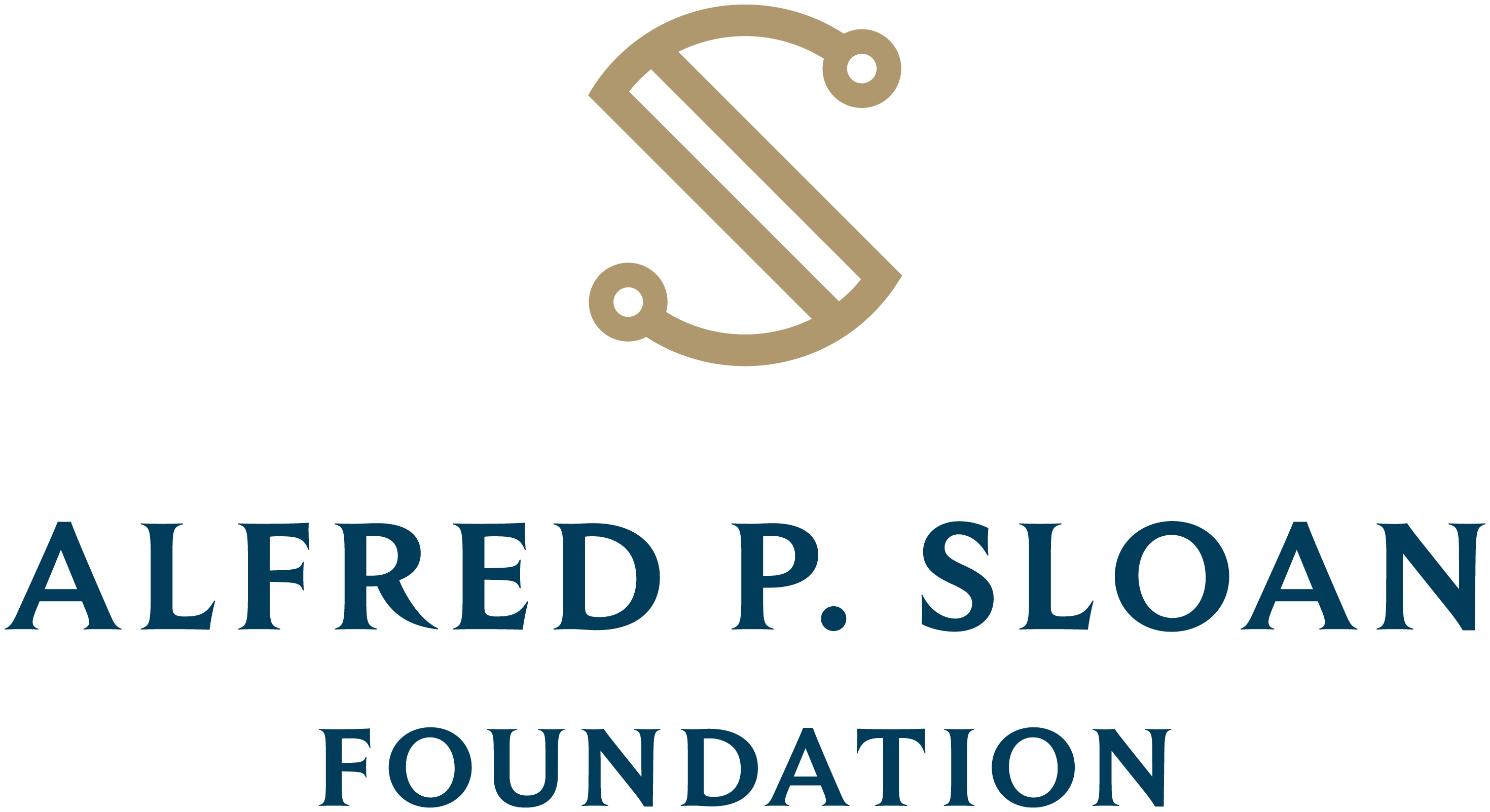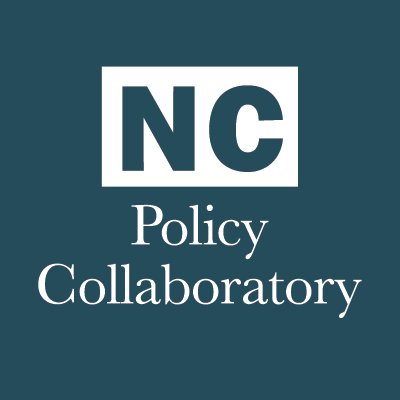
(co-PI): DOE Digitizing Utilities. “Storm-Based Outage Prediction to Aid Crew Dispatch Decisions”.
Funding: $75,000 total award
Years: 2024-2025
_________________________________________________________________________

(Collaborator) – DOE Water Power Technologies Office – “Value of flow forecasts to power system analytics.”
Funding: $85,000
Years: 2024-2025
Collaborators: Pacific Northwest National Laboratory (lead); Cornell University
__________________________________________________________________________

(co-PI) : Alfred P. Sloan Foundation – “Reservoir dead pool in California: Understanding Sensitivities, Consequences, and Potential for Risk Mitigation”.
Funding: $49,000 (out of $249,000 total award)
Years: 2023-2025
Collaborators: Colorado School of Mines
_________________________________________________________________________________

(co-PI) : NSF Hydrologic Sciences – “CAS-Climate: Reservoir dead pool in the western United States: probability and consequences of a novel extreme event”
Funding: $130,000 (out of $800,000 total award)
Years: 2023-2026
Collaborators: Colorado School of Mines
_________________________________________________________________________________

(co-PI) : DOE Solar Energy Technologies Office – RACER “Resilient Renewable Energy to Diminish Disaster Impacts on Communities”. $1,000,000 total award.”
Funding: $1,000,000 total award
Years: 2023-2024
_________________________________________________________________________________

(PI) : NSF CAREER – “Navigating a Two-Front Challenge for the Power Grid: Extreme Weather and the Race to Decarbonization”
Funding: $503,000
Years: 2022-2027
_________________________________________________________________________________

(Collaborator) – DOE Water Power Technologies Office – “Value of flow forecasts to power system analytics.”
Funding: $85,000
Years: 2022-2023
Collaborators: Pacific Northwest National Laboratory (lead); Cornell University
_________________________________________________________________________________

(collaborator) : NSF STC – “Science and Technologies for Phosphorus Sustainability (STEPS) Center”
Funding: $25,000,000 total award
Years: 2022-2027
Collaborators: NC State University (lead) and many others
Project Website: https://steps-center.org/
________________________________________________________________________________

(co-PI) : DOE Office of Science – “Integrated Multisector, Multiscale Modeling (IM3): Phase 2”
Funding: $346,000
Years: 2021-2024
Collaborators: Pacific Northwest National Laboratory (lead), many others
Project Website: https://im3.pnnl.gov/
_________________________________________________________________________________

(co-PI) : CNH2-L – “The coupled, co–evolving roles of drought and electricity systems in humans’ exposure to air pollution.”
Funding: $310,000 (out of $1,600,000 total award)
Years: 2021-2024
Collaborators: University of North Carolina at Chapel Hill, University of Utah
________________________________________________________________________________

(co-PI) : ARPA-E – “A Grid that’s Risk-Aware for Clean Electricity – GRACE.”
Funding: $350,000 (out of $2,437,000 total award)
Years: 2020-2023
Collaborators: Duke University (lead), Dartmouth College, Princeton University, Pacific Northwest National Laboratory
_________________________________________________________________________________

(co-PI) : DOE Bioenergy Technologies Office – “Agent-based Modeling for the Multi-objective Optimization of Energy Production Pathways.”
Funding: $300,000 (out of $1,000,000 total award)
Years: 2020-2023
Collaborators: Colorado State University (lead)
_________________________________________________________________________________

(co-PI) : Game‐Changing Research Incentive Program for Plant Sciences Initiative (GRIP4PSI). “Harnessing (bio-)electrochemical technologies as sustainable sources for on demand precision agriculture.”
Funding: $656,000 total award
Years: 2020-2023
Collaborators: Katharina Stapelmann (lead) and many others at NCSU
_________________________________________________________________________________

(co-PI) : North Carolina Policy Collaboratory – “Assessing Operational Flooding Risks for Substations and the Wider North Carolina Power Grid.”
Funding: $60,000
Years: 2019-2020
Collaborators: UNC Chapel Hill
_________________________________________________________________________________

(Collaborator) – DOE Water Power Technologies Office – “Value of flow forecasts to power system analytics.”
Funding: $75,000
Years: 2019-2020
Collaborators: Pacific Northwest National Laboratory (lead); Idaho National Laboratory (lead); National Center for Atmospheric Research
_________________________________________________________________________________

(Collaborator) : DOE Office of Science – “Integrated Multisector, Multiscale Modeling (IM3): Phase 1.”
Funding: $75,000
Years: 2019-2020
Collaborators: Pacific Northwest National Laboratory (lead)
_________________________________________________________________________________

(Collaborator) : NSF Innovations and the Nexus of Food, Energy and Water Systems (INFEWS) – Track 1 “Scarcity Amid Abundance: Understanding Trade-offs in the Food-Energy-Water Nexus in the Willamette River Basin”
Funding: $312,000 (out of $2,995,151 total award)
Years: 2017-2021
Collaborators: Oregon State University (lead), University of Oregon
Project website: http://infews.org/

(co-PI) : DOE Productivity Enhanced Algae and Tool-Kits (PEAK) – “A comprehensive strategy for stable, high productivity cultivation of microalgae with controllable biomass composition.”
Funding: $120,682 (out of $2,896,676 total award)
Years: 2017-2021
Collaborators: University of Toledo (lead), Montana State University

(co-PI) : NSF Innovations and the Nexus of Food, Energy and Water Systems (INFEWS) – Track 2 “The sustainability-productivity tradeoff: Water supply vulnerabilities and adaptation opportunities in California’s coupled agricultural and energy sectors.”
Funding: $330,000 (out of $2,958,000 total award)
Years: 2017-2021
Collaborators: UNC Chapel Hill (lead), University of California, Davis; Cornell University
Project website: http://infews.web.unc.edu/
